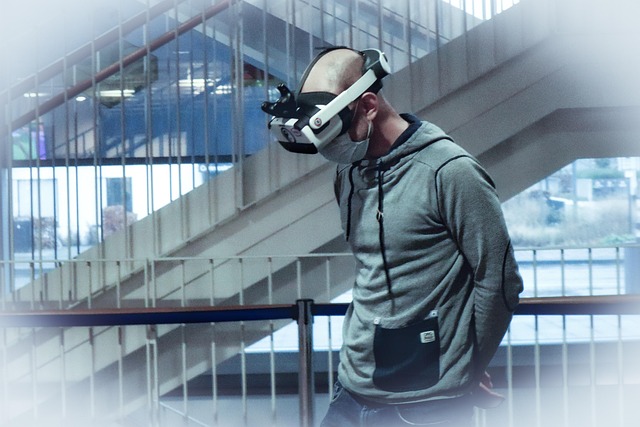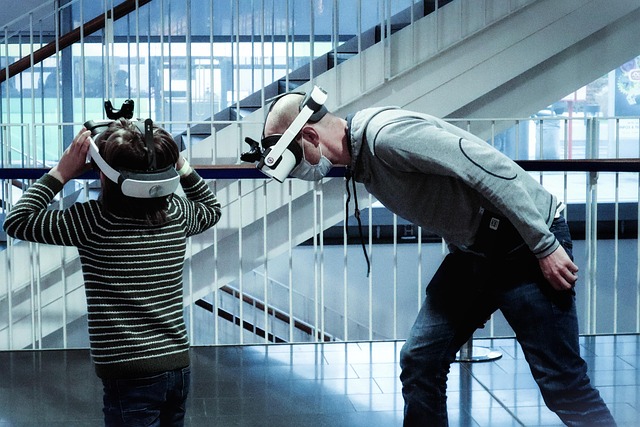The world of gaming is constantly evolving, pushing the boundaries of what we perceive as entertainment. One of the most exciting developments in this realm is the emergence of serious games in VR, a genre that not only entertains but also educates and engages players in meaningful ways. The intersection of virtual reality (VR), augmented reality (AR), and the burgeoning metaverse creates a landscape ripe for exploration and innovation.
Serious games in VR leverage immersive technology to provide experiences that extend far beyond traditional gaming. These games offer players the opportunity to tackle real-world problems, engage in complex simulations, and develop critical skills. Imagine donning a VR headset and navigating through an interactive learning experience that teaches complex scientific concepts or medical procedures. The tactile feedback and visual immersion create a level of engagement that textbook learning simply cannot match.
Virtual reality places players inside a 3D environment, transforming them from passive observers into active participants. This immersion is enhanced by the potential of augmented reality, which overlays digital information onto the real world, allowing players to interact with both physical and digital elements. Together, VR and AR offer unique possibilities for serious games that promote learning in fields such as education, healthcare, and training. Consider how medical students can practice surgery on virtual patients or how engineers can visualize complex architectural designs in real time.
As we journey deeper into the metaverse, the potential for serious gaming expands even further. The metaverse is not merely a digital landscape; it is an interconnected ecosystem where users can recognize their identities, engage in social interactions, and participate in diverse experiences. Serious games created within this framework can cultivate community-driven learning, reinforce social skills, and foster collaboration. Players can engage in collective problem-solving to tackle issues like climate change or public health, ensuring that the impact of gaming extends beyond the screen.
Moreover, the versatility of serious games in VR and the metaverse speaks to a wider audience. From educators looking for innovative teaching methods to corporations utilizing training simulations, the applications are vast. These games can cater to various age groups and backgrounds, creating inclusive opportunities for continuous learning. Gamification transforms mundane subjects into compelling, interactive experiences, appealing to a generation that craves engagement over rote memorization.
Challenges remain, of course. The development of serious games requires not only advanced technology but also an understanding of pedagogy and user experience. Content creators must collaborate with experts in respective fields to ensure that the games are informative and engaging while maintaining the thrill of traditional gaming. As technology continues to advance, the balance between entertainment and education becomes essential to creating effective serious games.
The future of gaming lies in places where virtual and real worlds converge. The incorporation of serious games in VR is a testament to the potential that gaming holds; it goes beyond recreation and serves as a platform for growth, learning, and social change. As we watch these technologies develop, enthusiasts and newcomers alike will find themselves at the forefront of a transformative era in gaming.




